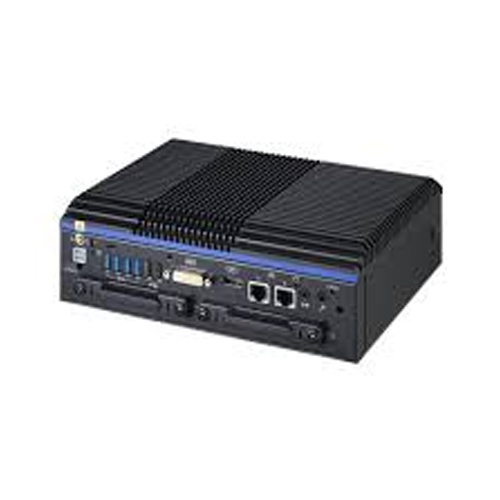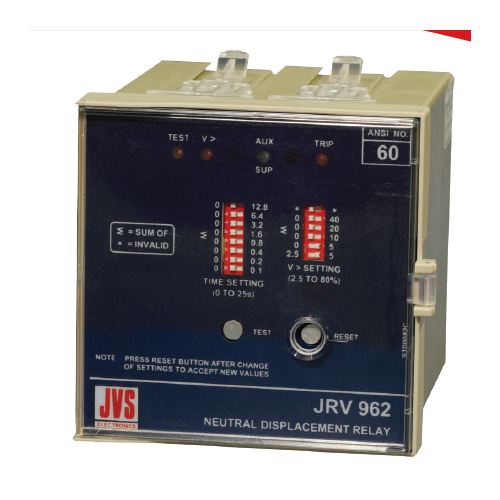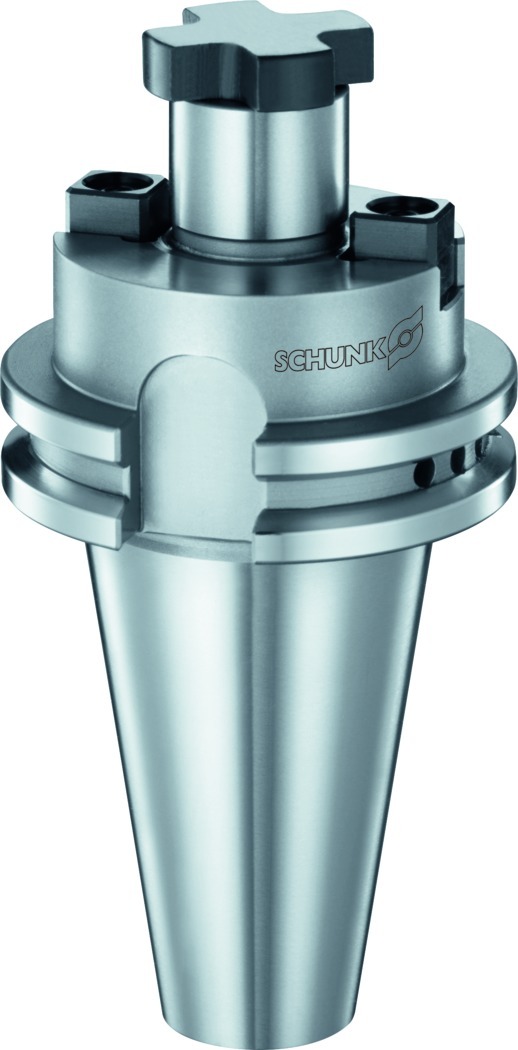Schedule a Call Back
Falling Rupee Pushes Manufacturers
 Technical Articles
Technical Articles- Jul 03,12
The recent downswing of the Rupee has put India's importers in a tight spot. Ironically, it has not helped the exporters to build up gains too. So how does one hedge against such a situation? The industry points out a way to Huned Contractor
A falling rupee cuts two ways. It helps the exporters but puts the importers in misery. Yet, despite the fact that there has been an almost 23 per cent drop in the value of the rupee against the dollar in the last one year, there's neither cheer nor gloom on both sides. That's strange. To begin with, while the depreciating rupee should have had Indian exporters busy making the most of the situation, the Federation of Indian Export Organisations called for a meeting of its members in Goa last month to chart out a plan to deal with the volatile currency. "The continuous fall in the domestic currency is certainly not helping exporters much. That is because the global buyers are putting pressure on Indian exporters to offer 10-15 per cent discount on shipments. In fact, most of them want to re-negotiate the deals," explains Ajay Sahai, Director General, Federation of Indian Export Organisations (FIEO).
 Due to a combination of shrinking global markets and rising import content of Indian exports, a weakening rupee has not necessarily translated into enhanced exports. "Worse, because imports are largely inelastic, with oil and gold accounting for 44 per cent of India's purchases from overseas, declining exports can only mean that the trade deficit would widen, putting further pressure on the balance of payments," says equity research analyst Prasanna Bidkar of Dalal Street Investment Journal. While sectors such as engineering, chemicals, and gems & jewellery have been the key drivers of India's exports, due to high import content in such products, the depreciation of the rupee does not fully translate into gains for exporters.
Due to a combination of shrinking global markets and rising import content of Indian exports, a weakening rupee has not necessarily translated into enhanced exports. "Worse, because imports are largely inelastic, with oil and gold accounting for 44 per cent of India's purchases from overseas, declining exports can only mean that the trade deficit would widen, putting further pressure on the balance of payments," says equity research analyst Prasanna Bidkar of Dalal Street Investment Journal. While sectors such as engineering, chemicals, and gems & jewellery have been the key drivers of India's exports, due to high import content in such products, the depreciation of the rupee does not fully translate into gains for exporters.
According to Amanpreet Singh Chadha, Chairman, Engineering Exports Promotion Council of India, the rupee's depreciation is not helping engineering exporters too as the prices of raw materials and steel have gone up. Engineering exports accounted for the largest chunk - they were around USD 75 billion in 2011-12 while the total exports were USD 303 billion. "We don't want a high or low rupee. We want a stable rupee for the growth of the sector," Chadha states.
The situation is true of the IT sector too. Though analysts were earlier of the view that the falling rupee would lead to windfall gains for the Indian IT industry, which earned USD 69 billion in exports in 2011-12, the reality is slightly different. Though the big companies that have entered into mid to long-term contracts with their clients can protect their rates in terms of dollar, the medium and small companies are being pursued to take a cut in rates. "Though the rupee fall adds to profit, IT companies might bring a change in their hedging policy going for short-term hedging and, thereby, lose some of the gains. Also, a falling rupee means that the travelling cost goes up and thus eats into the gains," points out Pune-based equity analyst Ashish Shah.
In a statement, India's premier IT industry body NASSCOM said that more than depreciation, the volatility of currency movement is a big concern that needs to be tackled since it hinders the planning process for the Indian IT-BPO industry. To take the currency fluctuations and uncertainties in the stride, some companies have decided that the billing rates can be made neutral. The BPO services provider, EXL Services, for example, is in agreement with clients that any gain on rupee depreciation will be passed on to the client while a rise in the value of rupee will benefit EXL.
Another big foreign exchange earner for India is the readymade garments industry, which earned USD 34 billion in exports in 2011-12. Logically, these exporters should be reaping a rich harvest with the fall in the rupee but the fact is that foreign importers, many of whom operate through middlemen, demand lower rates each time an exporter benefits from currency depreciation. The demand for rate cuts is made at the time of shipment even if the rates have been fixed three to four months in advance with the contractors. In a report published elsewhere, Avinash Misar, CEO & Director, Texport Syndicate India Ltd, has been quoted as saying, "The international market today is expecting us to pass on the advantage of rupee devaluation as demand in Europe and the US is in no great shape. Almost all orders are now being booked with a conversion of Rs 57 per US dollar. Hence, literally, the competitive market has squeezed all the apparent gains."
On the other hand, there are a whole lot of import-dependent industries like petroleum, automobiles, gold jewellery, outbound travel, iron and steel, heavy machinery, etc., which are feeling the heat due to the steep rise in dollar value. Moreover, the rupee fall has hit industries at a time when the Indian economy is slowing down and the overall demand scenario is not very great. This has also begun to impact the job market as large industries are employment-intensive.
Among these sectors, the one most badly hit is automotive. On an average, 30 per cent of the cost of manufacturing a car can be attributed to the imported materials like steel plates, engines, gearboxes, etc. For example, imports account for 25 per cent of the net cost for the car market leader Maruti Suzuki India (MSIL).
Says Ajay Seth, CFO, MSIL: "We are badly affected, suffering from an almost 15 per cent drop in rupee in three months. Though we have protected ourselves by hedging, it is only a short-term measure. In the long term, the rupee must appreciate or else we will be in deep trouble."
The value of Maruti's total import bill in 2011-12 was Rs 8,500 crore and a 20 per cent depreciation in rupee can slice off Rs 1,700 crore from annual profit. Another car major, Toyota Kirloskar Motors (TKM), is worse off as its import dependence is 35 to 40 per cent.
Such is the case with the steel industry too. The Indian steel industry depends heavily on imported coal since large steel manufacturers use imported coking coal in the furnaces of integrated steel plants. The coking coal prices have already reached its peak of USD 320 per tonne and the fall in rupee is an additional burden for steel companies. In the last one month or so, the cost of imported coal has gone up by Rs 1,000 per tonne or so, which needs to borne by the industry."
JSW Steel in the financial year 2011-12 has booked a loss of Rs 800 crore only on account of rupee depreciation. The higher price of imported coal is also a headache for the country's thermal power plants, which are unable to pass on the increased cost of electricity to the consumers.
The Way Out
The impact of the rupee can perhaps be best seen in the very different profit margins of motorcycle makers Bajaj Auto and Hero MotoCorp, which until recently was aligned with Honda. Bajaj, the nation's second-largest motorcycle maker, uses 97 per cent local parts and its imports costs are equivalent to just 15 per cent of its export revenue, which grew 40 per cent in the year to March 2012 to USD 1.4 billion. That local edge helped Bajaj to an operating margin of 19.4 per cent in the year that ended in March. By comparison, Hero which imports around 15 per cent of its parts and saw its costs go up by USD 70 million in the fourth quarter of the last financial year due to the rupee, posted an operating profit margin of 7.3 per cent. As such, the solution to protecting any industry from rupee fluctuations now lies in localisation. According to Seth of MSIL, the company could cut its annual parts costs by 25 per cent to 40 per cent if it switched to local suppliers. "Localisation is absolutely the only way around a further weakening of the rupee. There is no other answer," he says. MSIL, which with its suppliers imports about USD 2 billion worth of parts every year, lost USD 40 million in the October-December period as the rupee fell against the yen.
In fact, the issue of indigenisation is being seriously considered in the auto industry. Mahindra & Mahindra, India's biggest SUV maker, is working to bring some parts made overseas back onshore as the rupee has slid more than the company expected. "However, there are limitations. We can only localise so much and will still need to import parts such as airbags and parking sensors that are unavailable in the country," points out the company's automotive head, Pawan Goenka.
According to a media report, Volkswagen plans to purchase Euro 700 million worth of parts from Indian suppliers in 2012 for its global factories, double the amount it bought in 2011. Other international car makers in India, such as Ford, are targeting 95 per cent localisation. Maruti Suzuki's Seth says that the company can change suppliers within four months of a local vendor starting to produce a component, but due to long-term contractual obligations, the company has given itself until the end of 2014 to reduce its imports by 50 per cent.
Localisation is an option that finds a positive echo among various sectors. Opines Pune-based Vipul Shah of Lecmec Engineering that supplies switchgears and circuit protection systems: "It has now become more important than ever to cut down on imports, especially machine tools and auto components. We have the right kind of players in India to cater to the requirements of the OEMs. However, we need to create new capacities and that requires high technology. For instance, the Indian machine tool makers presently lack technology to improve their product portfolio. To get technology we need to tie up with overseas companies. Here, the government could help with the setting up of a corpus fund to help companies enter into joint venture arrangements with overseas companies."
Related Products

Fanless Industrial Pc for Smart Manufacturing
CONTEC Launches BX-M4600 Series - Fanless Industrial PC for Smart Manufacturing.

Single Pole, Neutral Displacement Relay
JVS Electronics
Pvt Ltd offers a wide range of single pole, neutral displacement relay -
JRV 962.

Face Mill Arbors
Schunk Intec India Pvt Ltd offers a wide range of face
mill arbors.
















